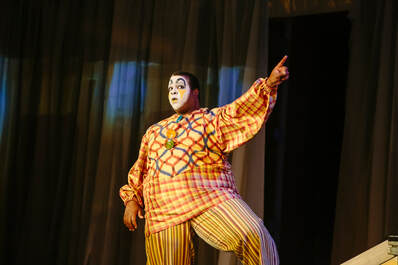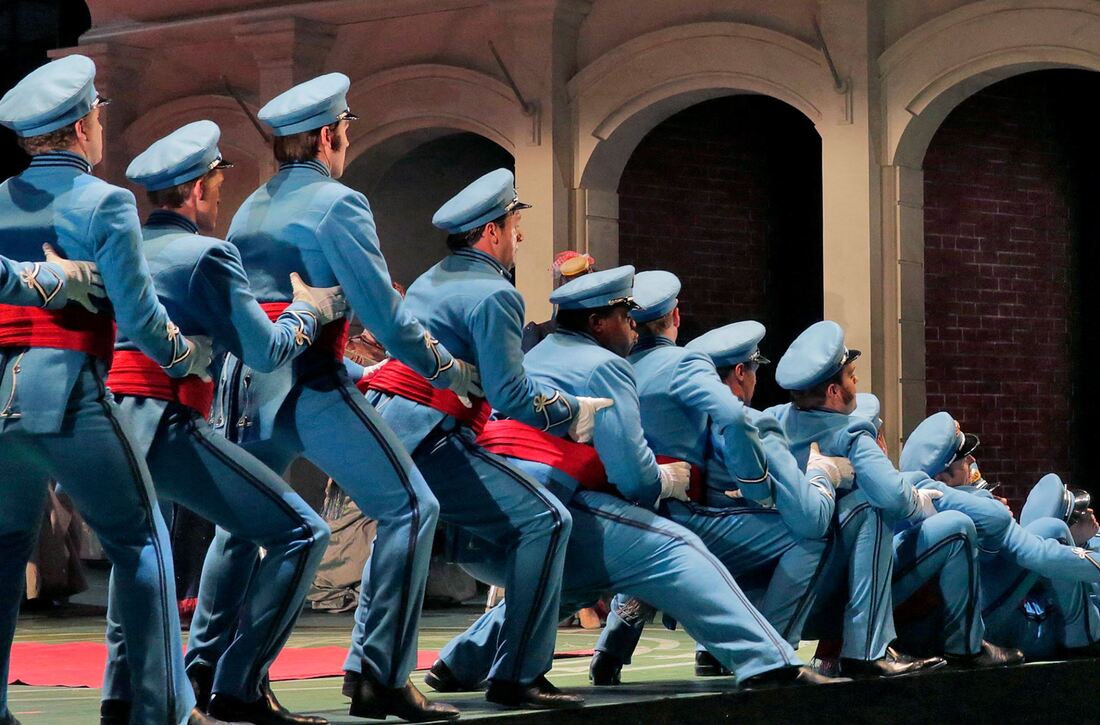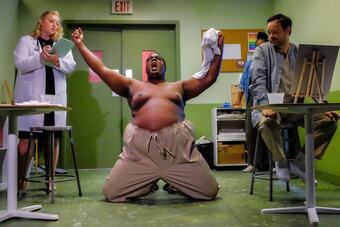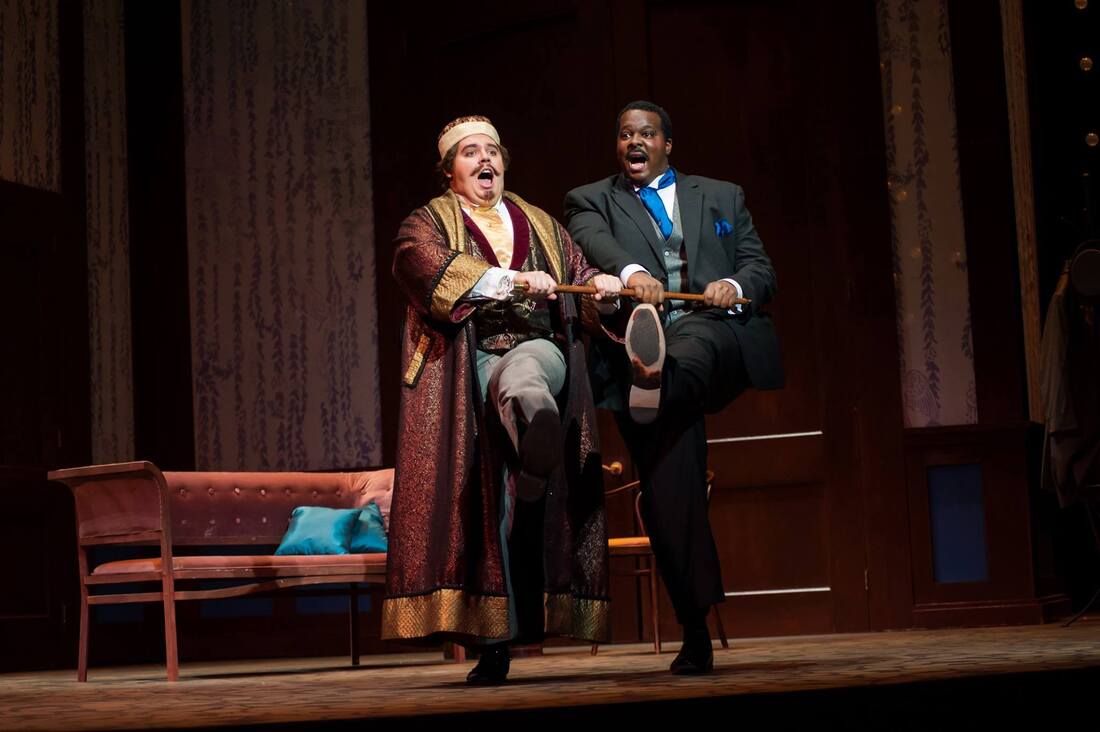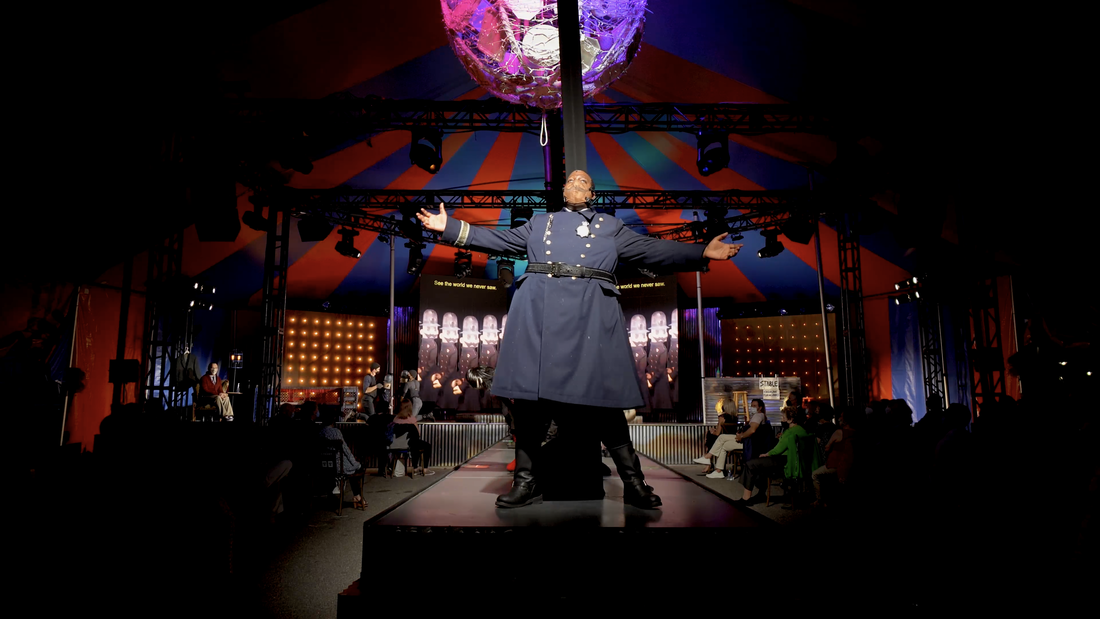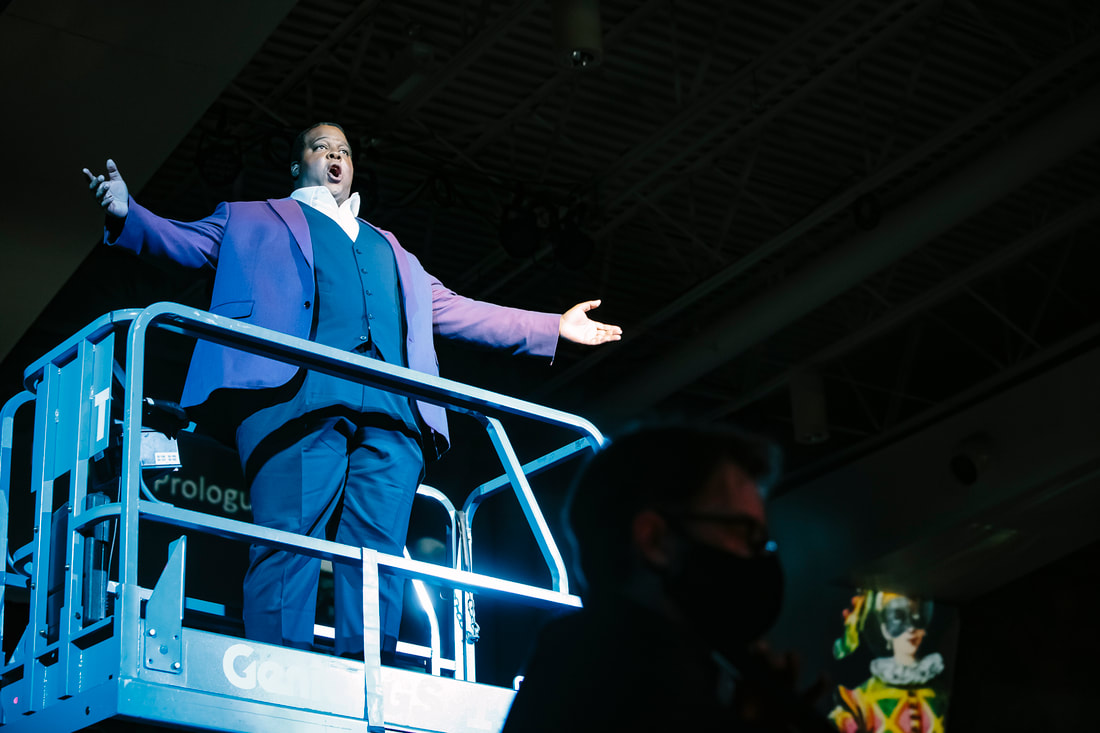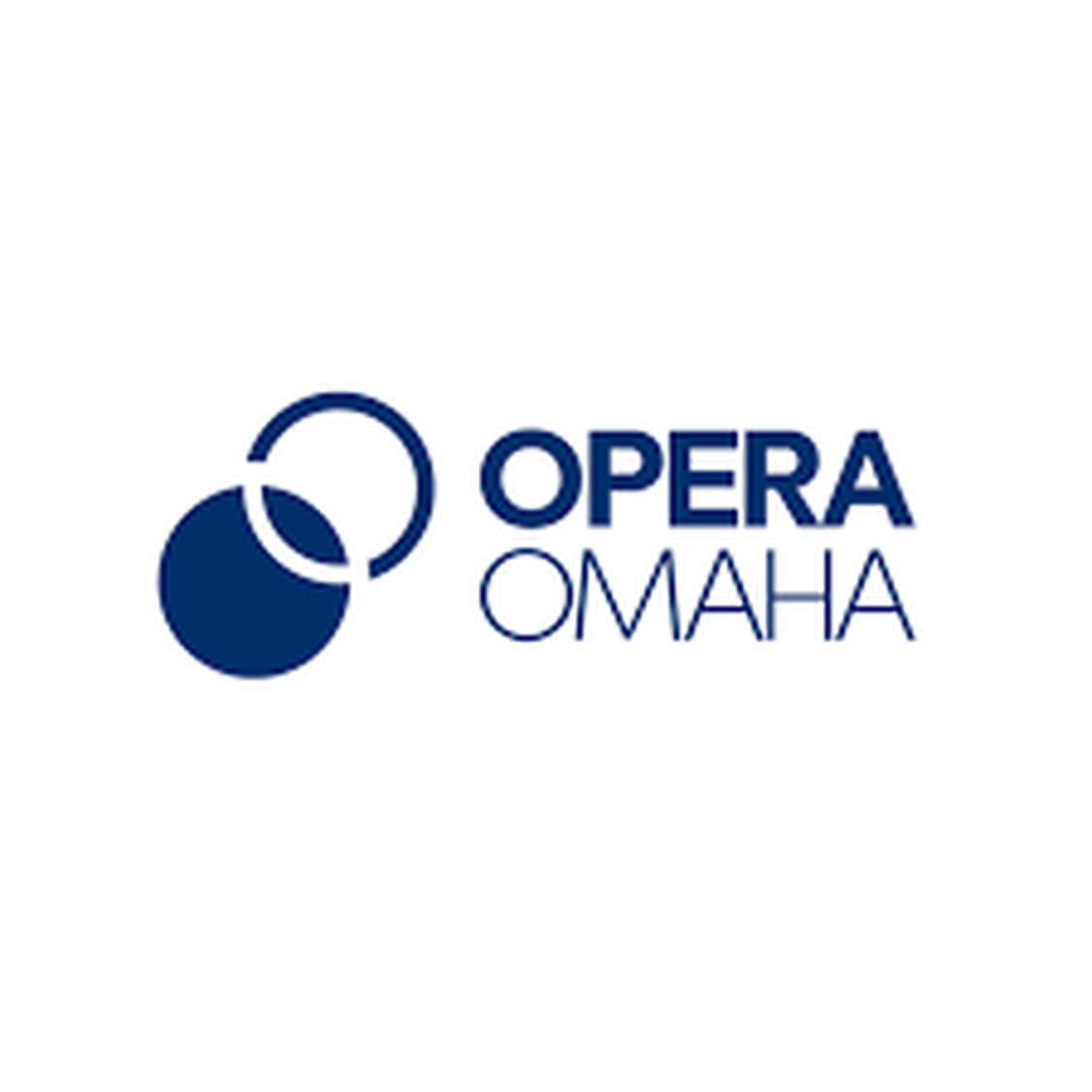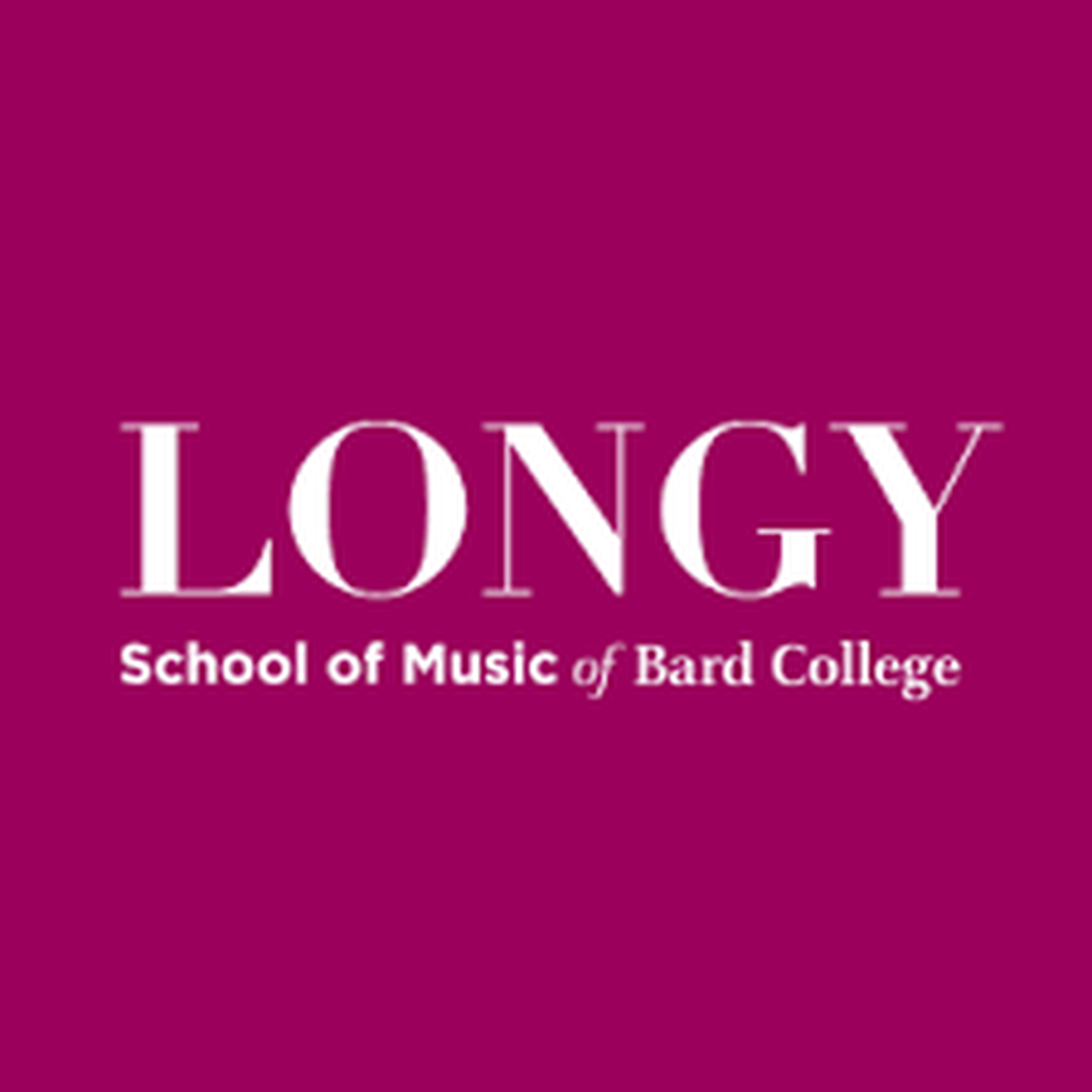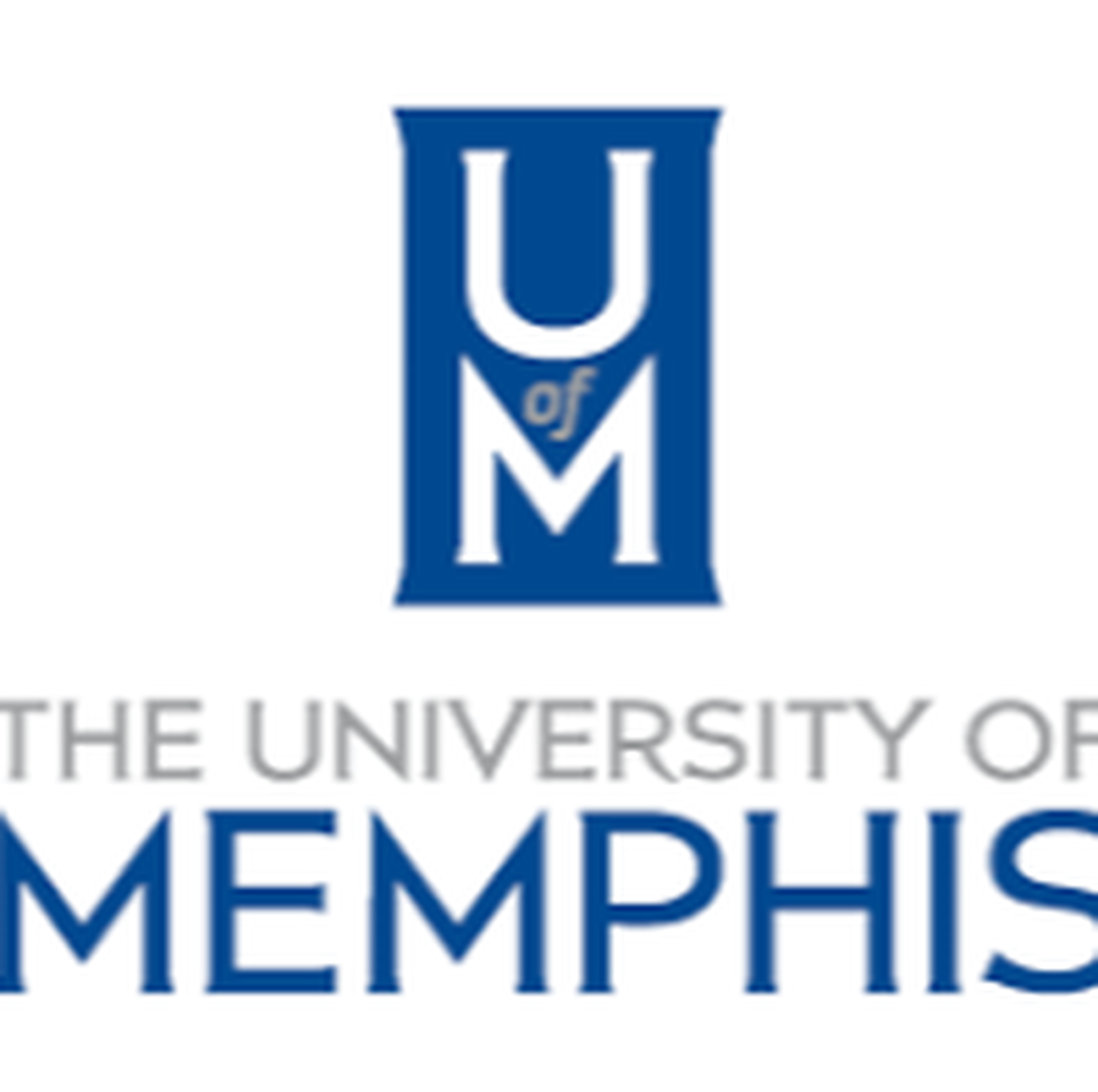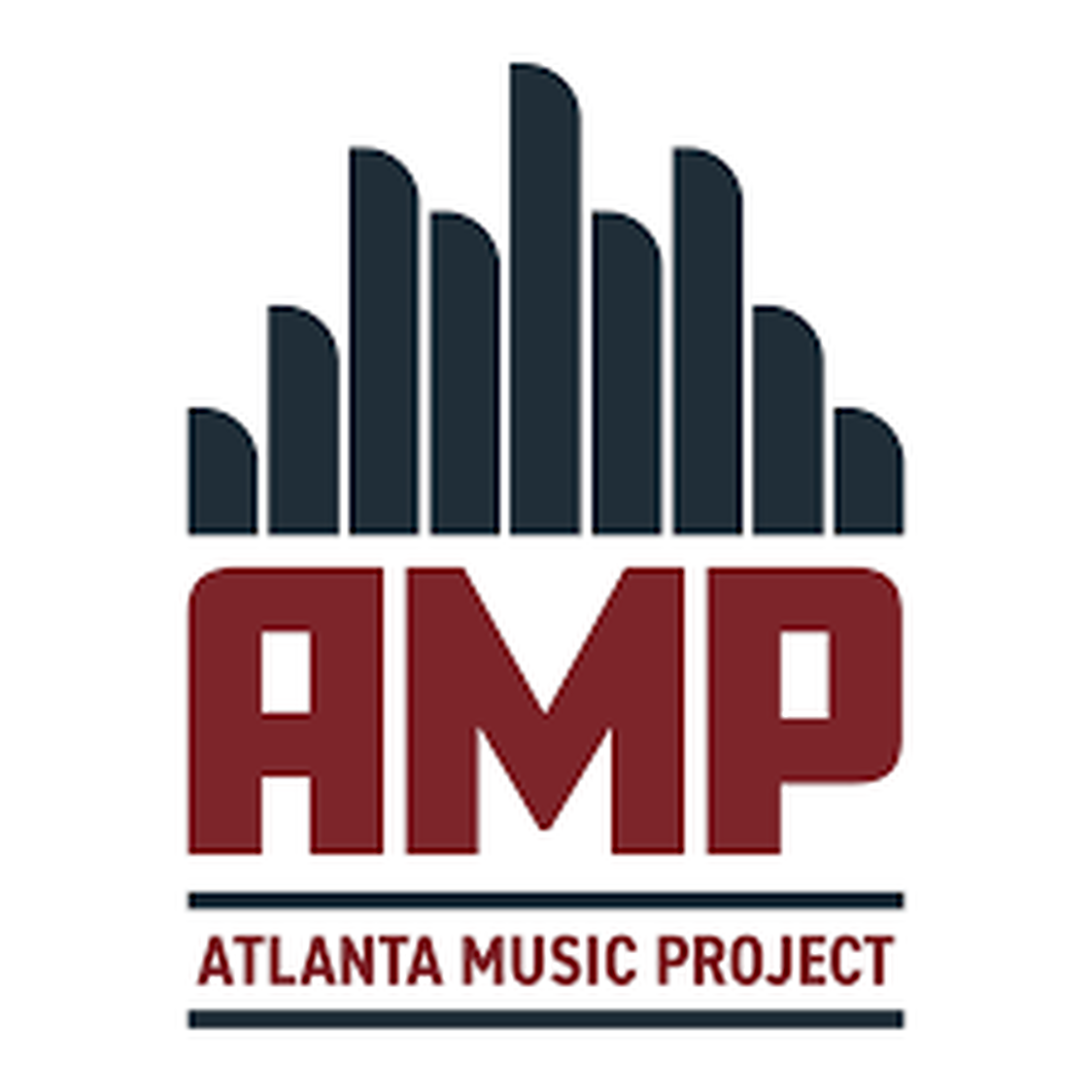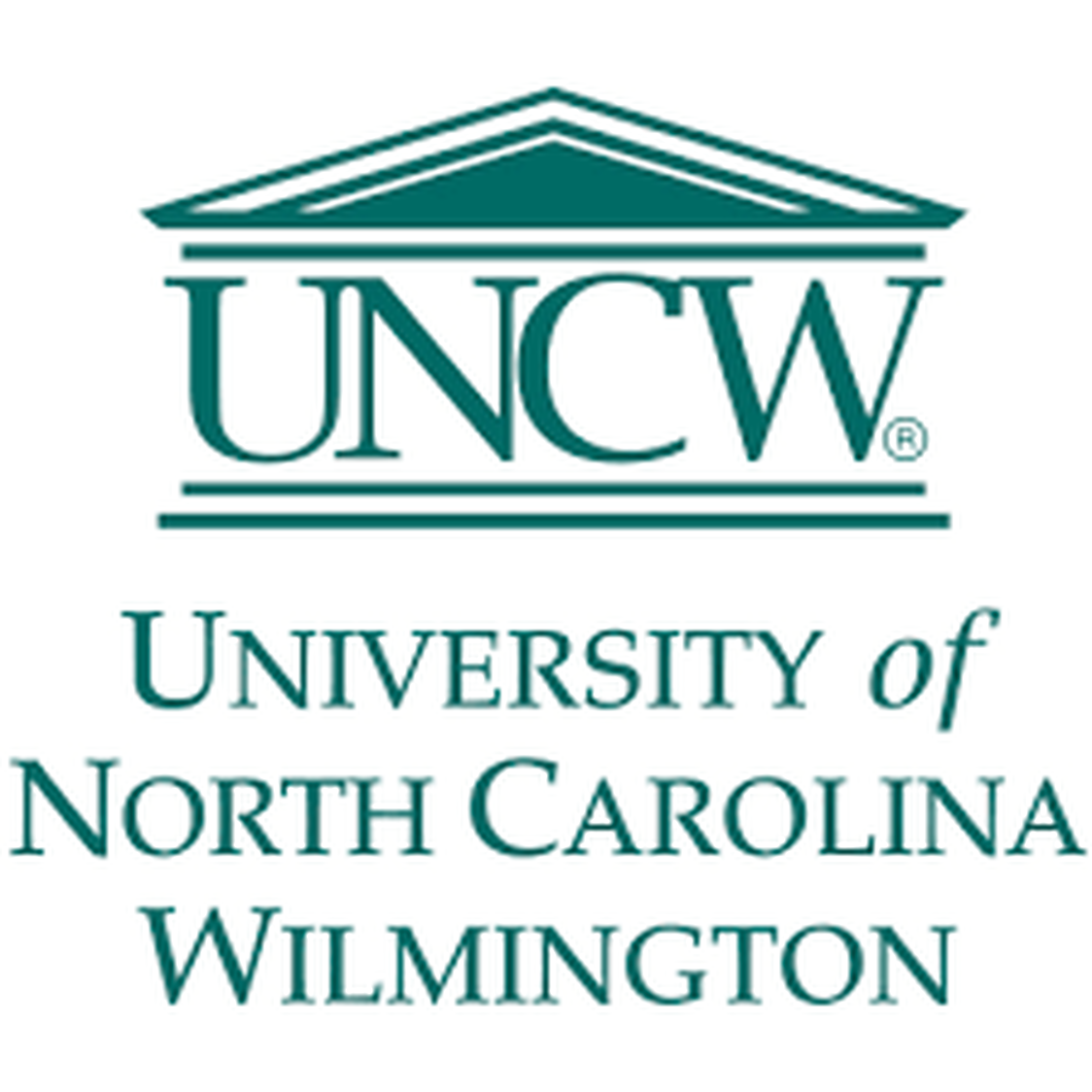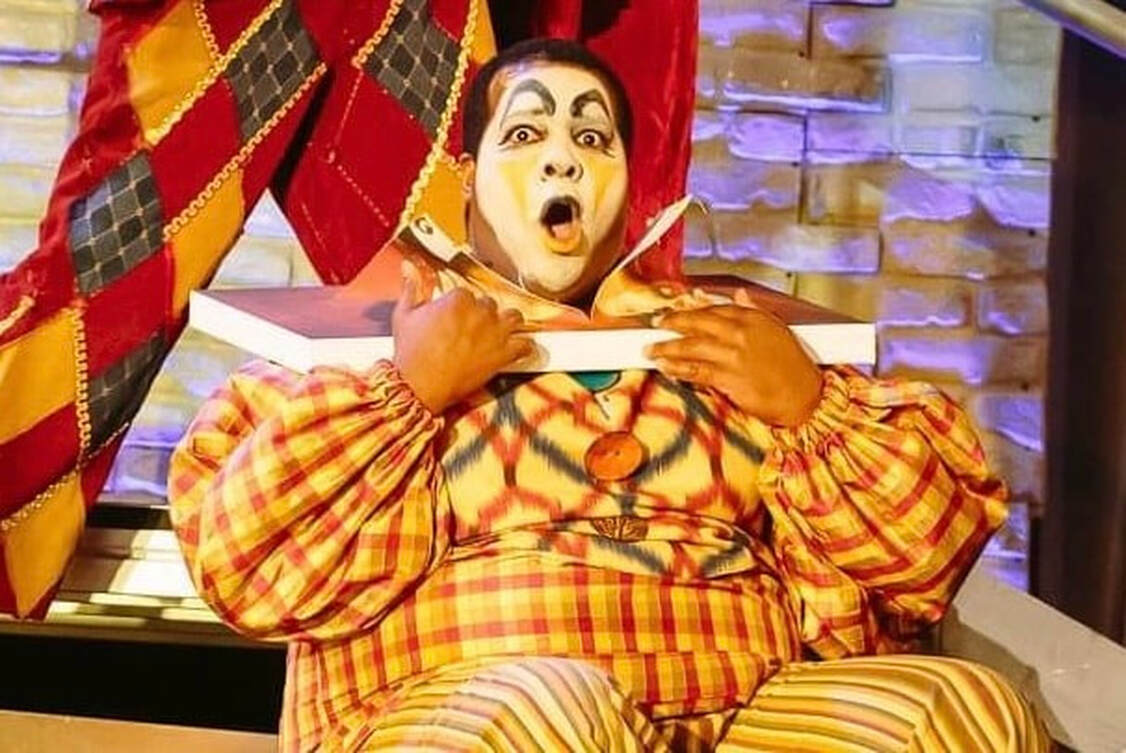CONYERS VOCAL STUDIO
TEACHING PHILOSOPHY
My educational philosophy is centered around versatility and creating a safe space for all students. I believe there is more than one path a teacher can take to help their students reach a professional vocal production, and my greatest joy in teaching is helping students find their own path to artistry. My belief is that a vocal teacher must have the tools necessary to teach their students in a variety of ways in order to get the result of beautiful healthy singing. Each student is an individual, with their own unique set of skills and vocal issues. It is the purpose of the teacher to find ways to be helpful and find unique ways to speak the language of that particular student. I believe that if a student is struggling with a concept that a teacher has introduced, it is the teacher’s duty to be able to bring forth different concepts to get the student to the same result. However, I do believe that there are three fundamentals that every singer should possess before becoming a performing artist: proper breath function, a healthy vocal production, and practice strategy.
Proper Breath Function: It is my belief that learning how to breathe properly is the most essential part of being a professional singer. Proper breathing techniques maximize clarity of sound, consistent vibrato, intonation, and complete control of your body. I teach my students what they can strengthen when it comes to breathing properly. I utilize exercises to strengthen the external intercostal and oblique muscles while being aware of the diaphragm’s activity.
Healthy Vocal Production: Healthy vocal production starts with good posture, relaxed tongue, loose jaw, and a lifted soft palate. I monitor these things with my students constantly because they are essential, but my central focus in the lesson is the sensations and vibrations they create with their resonators. My students focus on the vibrations they create with the four major resonators. Head resonance, mouth resonance, chest resonance, and nasal resonance (mask) are key to producing a full, clear, and ringing operatic sound. I teach my students to always trust the vibrations and sensations in their resonators and stray away from trusting their ears.
Practice Strategy: Formulating a practice strategy in a four-step process allows students to create a framework for how to practice efficiently and not strain their voices. 1: Speaking through the piece as dialogue. Understanding the inflection of the language will help singers understand the composer’s thought process when composing the piece as well as help with memorization as they repeatedly run through the words as dialogue. 2: Rhythmic integrity. Rhythmic accuracy gives insight on the inner workings of the piece and always keeps them in-charge of the internal beat. 3: Learn the pitches. 4: Listen to a recording. Analyzing a recording is about interpretation and understanding the style of the piece. I do not believe that practice makes perfect, but I do believe that perfect practice makes a great artist.
As a teacher, it is important to make the studio a safe space for vocal self-discovery and exploration. Just as each voice is unique, no two students are the same, and each student requires different things. It is my duty to give each student the tailored teaching they require to be successful in the studio and beyond. Singing is not an easy endeavor, and so I want to inspire my students to work hard to improve as much as they can. I want to foster a sense of work ethic and accountability in my studio that pushes students to achieve their goals. It is my responsibility to provide them with a solid method for applying the concepts of healthy, holistic singing to repertoire of all genres to make them versatile and well-rounded singers. Music is such a rewarding and cathartic art form, and I want my students to be able to express themselves freely and authentically. I think that music is incredibly healing, and can be the catalyst for great change in both the singer and the audience. I want my students to feel comfortable to go to emotional extremes, as the music requires, in order to explore those emotions for themselves, as well as to communicate them to their audience.
Teaching voice is a journey of exploration. I do not believe for one second that I have all the answers. I know from experience that learning from your colleagues and your students will only make you a more well-rounded educator. A teacher must always be willing to learn as much as possible to prepare each student for success.
Proper Breath Function: It is my belief that learning how to breathe properly is the most essential part of being a professional singer. Proper breathing techniques maximize clarity of sound, consistent vibrato, intonation, and complete control of your body. I teach my students what they can strengthen when it comes to breathing properly. I utilize exercises to strengthen the external intercostal and oblique muscles while being aware of the diaphragm’s activity.
Healthy Vocal Production: Healthy vocal production starts with good posture, relaxed tongue, loose jaw, and a lifted soft palate. I monitor these things with my students constantly because they are essential, but my central focus in the lesson is the sensations and vibrations they create with their resonators. My students focus on the vibrations they create with the four major resonators. Head resonance, mouth resonance, chest resonance, and nasal resonance (mask) are key to producing a full, clear, and ringing operatic sound. I teach my students to always trust the vibrations and sensations in their resonators and stray away from trusting their ears.
Practice Strategy: Formulating a practice strategy in a four-step process allows students to create a framework for how to practice efficiently and not strain their voices. 1: Speaking through the piece as dialogue. Understanding the inflection of the language will help singers understand the composer’s thought process when composing the piece as well as help with memorization as they repeatedly run through the words as dialogue. 2: Rhythmic integrity. Rhythmic accuracy gives insight on the inner workings of the piece and always keeps them in-charge of the internal beat. 3: Learn the pitches. 4: Listen to a recording. Analyzing a recording is about interpretation and understanding the style of the piece. I do not believe that practice makes perfect, but I do believe that perfect practice makes a great artist.
As a teacher, it is important to make the studio a safe space for vocal self-discovery and exploration. Just as each voice is unique, no two students are the same, and each student requires different things. It is my duty to give each student the tailored teaching they require to be successful in the studio and beyond. Singing is not an easy endeavor, and so I want to inspire my students to work hard to improve as much as they can. I want to foster a sense of work ethic and accountability in my studio that pushes students to achieve their goals. It is my responsibility to provide them with a solid method for applying the concepts of healthy, holistic singing to repertoire of all genres to make them versatile and well-rounded singers. Music is such a rewarding and cathartic art form, and I want my students to be able to express themselves freely and authentically. I think that music is incredibly healing, and can be the catalyst for great change in both the singer and the audience. I want my students to feel comfortable to go to emotional extremes, as the music requires, in order to explore those emotions for themselves, as well as to communicate them to their audience.
Teaching voice is a journey of exploration. I do not believe for one second that I have all the answers. I know from experience that learning from your colleagues and your students will only make you a more well-rounded educator. A teacher must always be willing to learn as much as possible to prepare each student for success.
Studio location: Rochester, NY & Online
Throughout my professional career I have dedicated myself to educating individuals of a variety of ages and cultural backgrounds in classical music. I have 12 years of music outreach and workshop experience working with inner-city students in several different states. Teaching these students about the intricacies of opera, music theory, notation literacy, music pedagogy, musical repertoire, and genres. Currently, I am a member of the Young Professionals Advisory Board of the Newark Boys Chorus School. As a board member, my obligations include fundraising, performing benefit concerts, and mentoring many of these underserved young men of color who find their paths through music. As a person who was raised in the inner-city and I have witnessed first-hand how music can positively affect your life.
I received my Bachelor of Music in Vocal Performance at UNC School of the Arts, my Master of Music in Vocal Performance from Indiana University in Bloomington, Indiana, and my Professional Artist Certificate from the A.J. Fletcher Opera Institute. I have 12 years of private voice teaching experience. I am proficient in German, French, Italian, Spanish, Russian, and Latin. I am well versed in operatic repertoire, as well as musical theatre, and popular music genres.
I have sixteen years of performing experience. I have had the distinct honor of performing in prestigious opera houses and concert halls across America and Europe, such as Washington National Opera, Seattle Opera, English National Opera, Santa Fe Opera, Wolf Trap Opera, The Glimmerglass Festival, Aspen Opera Theater, Des Moines Metro Opera, Carnegie Hall, and the Kennedy Center for the Performing Arts Concert Hall. Mr. Conyers is currently on the voice faculty at the Eastman School of Music.
I received my Bachelor of Music in Vocal Performance at UNC School of the Arts, my Master of Music in Vocal Performance from Indiana University in Bloomington, Indiana, and my Professional Artist Certificate from the A.J. Fletcher Opera Institute. I have 12 years of private voice teaching experience. I am proficient in German, French, Italian, Spanish, Russian, and Latin. I am well versed in operatic repertoire, as well as musical theatre, and popular music genres.
I have sixteen years of performing experience. I have had the distinct honor of performing in prestigious opera houses and concert halls across America and Europe, such as Washington National Opera, Seattle Opera, English National Opera, Santa Fe Opera, Wolf Trap Opera, The Glimmerglass Festival, Aspen Opera Theater, Des Moines Metro Opera, Carnegie Hall, and the Kennedy Center for the Performing Arts Concert Hall. Mr. Conyers is currently on the voice faculty at the Eastman School of Music.
UPCOMING MASTERCLASSES
PAST MASTERCLASSES
WANT A LESSON?
Studio location: Eastman School of Music, Rochester Metro Area & Online
If you would like to know more about Joshua Conyers, click on the Eastman School of Music link below.
To contact Mr. Conyers for a lesson, fill out the form below:
|
|
MASTERCLASS
